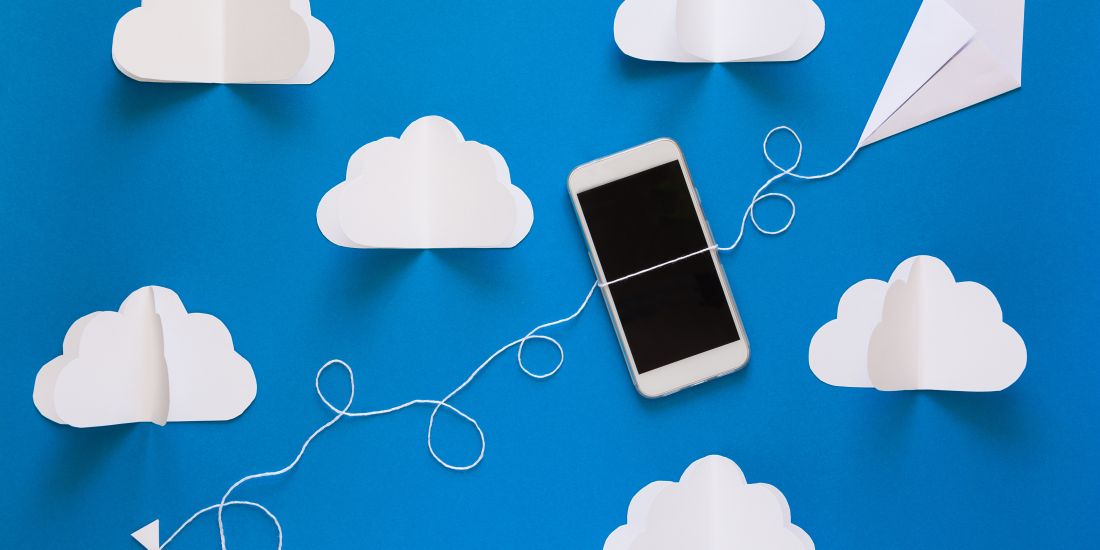
No company is immune to IT disasters
 It’s clear that now more companies revolve around using IT services in order to make their daily tasks more efficient. We all know that these services help us make tasks such as long distance communication, information search, research, data processing and storage much easier, thus making are lives a little bit more comfortable.
It’s clear that now more companies revolve around using IT services in order to make their daily tasks more efficient. We all know that these services help us make tasks such as long distance communication, information search, research, data processing and storage much easier, thus making are lives a little bit more comfortable.
By using IT services on a daily basis it also makes companies a lot more dependent on them; so what could happen if they stop functioning properly or just stopped working? And yes, sometimes these services will from time to time misbehave…
Let’s take for example cloud computing; it’s one of the newest and most innovative ways for companies to simply store or access data, run programs and services over the internet instead of their companies physical server. A lot of businesses have already switched to cloud computing because in the long run it reduces costs and the maintenance and updates are handled by the cloud providers, which allows your internal resources to work on the core competency of the business.
But what happens with a company if its cloud computing services stop working?
-
Amazon, one of the largest cloud computing service provider on the market had a few “bumps” in recent years, when its cloud servers stopped working properly; this resulted in websites such as: Instagram, Vine, Netflix and other well-known businesses going down, until Amazon was able to restore service. While the cloud service was down, companies were unable to access critical information and data which resulted in problems with those businesses experiencing the outage. User were not able to access their favorite websites, which not only damaged the provider but also Amazon itself. Calculations show that Amazon could have lost as much as $1,100 in net sales per second for each moment their cloud service was not functioning.
-
Adobe had to face a considerable number of angry clients when its cloud service, Adobe Creative Cloud has crashed during regular maintenance, leaving almost 1 million users locked out of programs such as Adobe Photoshop and Premiere for 24 hours.
Another risk of using a multitenant clould is that your data and information is stored on the same servers as other companies that use the same provider. Eventhough these servers are protected, there is still risk of the system being hacked.
-
Tesco suffered such an event, when 2000 online shoppers accounts where hacked. The hackers gained access to shopper’s private information and also shopping vouchers, which they then leaked on the internet. The vouchers had a medium value of 10 to 15 Euros and has high as 80 to 100 Euros. This created a major problem for Tesco having to suspend all the accounts, replace all the vouchers and regain the trust of its customers.
-
Another victim of online hacking was the telecommunication giant, Bell, Canada. The firm’s data base was hacked, exposing over 20,000 user names and passwords of Bell’s clients out on the internet.
These examples prove one more time that no company is immune to IT disasters. Always be aware of everything that can go wrong and plan for these types of disasters.




